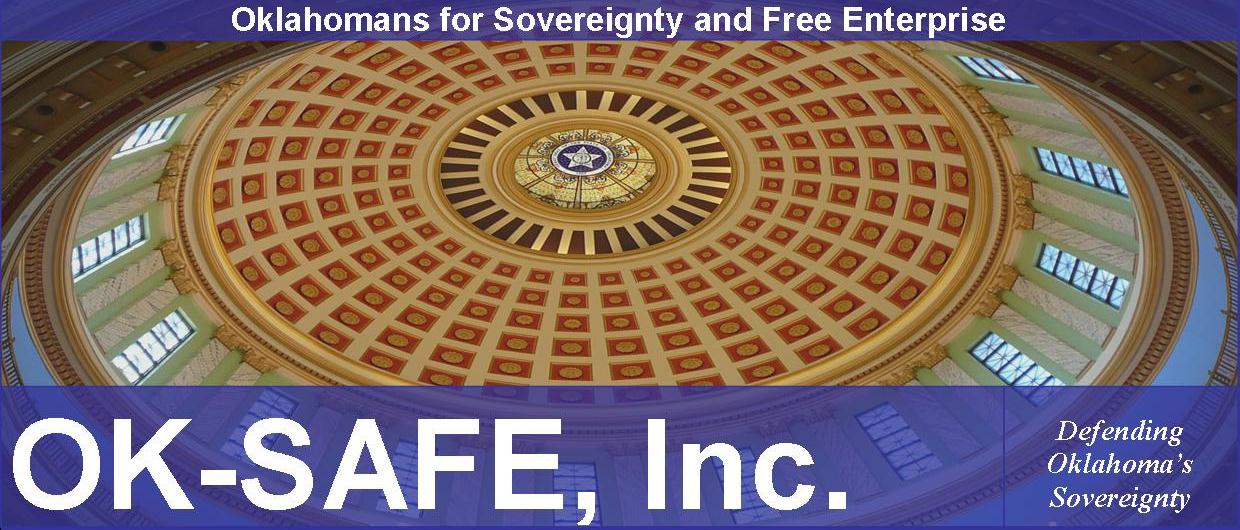![]()

Ports to Plains Corridor
| RESEARCH |
Key Findings
|
|
RESEARCH |
| June 13, 2008 |
>OK-SAFE LINK
|
Texas Department of Transportation
Oklahoma Department of Transportation
New Mexico Highway and
Transportation Department
Colorado Department of Transportation
TEA-21 designated the Ports to Plains corridor as one of the 43 “High Priority Corridors” on the National Highway System (NHS). The Ports to Plains corridor is designated as Corridor 38 in TEA-21, which reads as follows: “The Ports to Plains Corridor from the Mexican border via I-27 to Denver, Colorado”. As with other High Priority Corridors, the importance of the Ports to Plains corridor is related to its direct connection with the US/Mexico border and potential to serve international trade and promote economic development.
| RESEARCH |
| April 19, 2008 |
>OK-SAFE LINK
|
|
|
RESOURCE DOCUMENT |
|
April 18, 2008
|
OK-SAFE LINK
|
![]() TXDOT Rural Development Ports to Plains
TXDOT Rural Development Ports to Plains
|
|
OK-SAFE LINK
|
Please send technical comments and problems to: webmaster
Fair Use Notice: This site contains copyrighted material, the use of which may not always have been specifically authorized by the copyright owner. Such material is made available for educational purposes, and as such constitutes "fair use" of any such copyrighted material as provided for in Section 107 of the U.S. Copyright Act. In accordance with Title 17 U.S.C. Section 107 the material on this site is distributed without profit to those who have expressed a prior interest in receiving the included information for research and educational purposes.
Our Privacy Policy: The only personal information we give to any third party is the information you provide to us when using your debit or credit card to make a donation or purchase. All other information and correspondence are strictly confidential. We never sell, give away or barter mail lists or other information to any person, business, organization or corporation for any reason. We will not provide any personal information about you to any government or agency or employee of any government, foreign or domestic, except when we are under a court order to do so.
|
|
|
|
Other Resources |
|
|
Supporting Documents The Bill Of Rights: Oklahoma Constitution: The United States Constitution: The Declaration of Independence: The NAFTA Agreement: CAFTA: SAFETEA-LU Public Law 109-59: USDOT Corridors of the Future Program: Participants in USDOT Corridors of the Future Program: State of Oklahoma
(http://www.ok.gov/)
(http://www.ok.gov/governor/index.php)
Oklahoma Lieutenant Governor's Office
(http://www.ok.gov/ltgovernor/)
(http://www.sos.state.ok.us/)
(http://www.ok.gov/genthree/agency.php?let=all)
Oklahoma Office of State Finance
(http://ok.gov/OSF/index.html)
(http://www.ok.gov/okaa/)
(http://www.lsb.state.ok.us/)
(http://www.oscn.net/applications/oscn/start.asp)
(http://www.oscn.net/applications/oscn/index.asp?ftdb=STOKCN&level=1)
(http://www.oscn.net/applications/oscn/index.asp?ftdb=STOKST&level=1)
(http://www.ok.gov/~elections/)
(http://www.capitolconnect.com/oklahoma/default.aspx)
Links To Other Organizations LibertyForge:
(www.freedom21.org)
(http://www.americanpolicy.org/)
Eco-Logic Powerhouse:
Conservative News:
Judicial Watch:
The August Review:
Trans-Texas Corridor:
WorldNet Daily: (www.tfir.org)
The Conservative Caucus:
The John Birch Society :
The Minuteman Civil Defense Corps:
Coalition for a Prosperous America:
State Legislators for Legal Immigration:
(http://www.owassotaxpayer.com/) (http://www.libertyark.net/) Farm and Ranch Freedom Alliance: (http://farmandranchfreedom.org/content/) (http://www.nonais.org/) Arkansas Animal Producers: (http://thearizonasentinel.wordpress.com/) (http://www.parentalrights.org/) (http://restoretherepublic.com/)
(http://billkumpelawfirm.sharepoint.com/Pages/default.aspx)
(http://www.tulsansunitedforfairness.org)
Research Randal O'Toole – CATO Institute Senior Fellow (http://www.cato.org/people/randal-otoole) Dr. Everett Piper; President Oklahoma Wesleyan University:(http://www.crosswalk.com/blogs/epiper/archives.html)
(http://www.bastiatsociety.com/) Vicky Davis of Channeling Reality:
Joan Veon of WomensGroup.org:
Joan Veon of NewsWithViews.com:
Charlotte T. Iserbyt of AmericanDeception.com:
Charlotte T. Iserbyt of DeliberateDumbingDown.com: (http://axiomamuse.wordpress.com/)
The Centre For Research on Globalisation (Global Research) (http://www.globalresearch.ca/)
|
|
Copyright ©2007 Oklahomans for Sovereignty and Free Enterprise, Inc. All Rights Reserved

